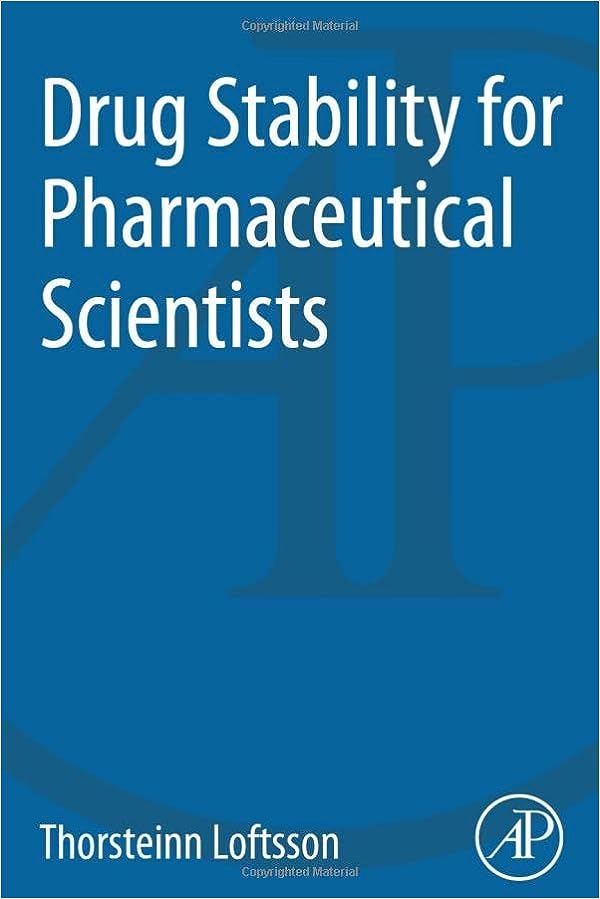Introduction to Temperature Stability
Temperature is one of the most critical factors influencing the stability of pharmaceutical products. Fluctuations in temperature can accelerate chemical reactions, promote physical changes, and facilitate microbial growth, ultimately affecting the quality and efficacy of drugs.
Impact of Temperature on Drug Stability
Let’s explore how temperature affects the stability of drugs:
1. Chemical Degradation
Elevated temperatures can accelerate chemical degradation reactions, such as hydrolysis, oxidation, and degradation of active pharmaceutical ingredients (APIs) and excipients. Conversely, low temperatures can slow down degradation reactions, prolonging product stability.
2. Physical Changes
Temperature fluctuations can induce physical changes in drug formulations, including changes in polymorphic forms, crystallization, and particle size alterations. These changes can impact drug solubility, dissolution rate, and bioavailability.
3. Microbial Growth
Higher temperatures provide favorable conditions for microbial growth and proliferation, leading to contamination and spoilage of pharmaceutical products. Heat-sensitive formulations may be particularly vulnerable to microbial contamination if stored improperly.
4. Stability Testing Conditions
Stability testing protocols typically include temperature as a critical parameter to assess the long-term and accelerated stability of drug products. Different temperature conditions, such as room temperature, refrigerated storage, and elevated temperatures, are evaluated to determine product stability under various storage conditions.
Control and Management of Temperature
To mitigate the impact of temperature on drug stability, pharmaceutical companies implement several strategies:
- Storage Conditions: Proper storage conditions, including temperature-controlled environments, are established to maintain product stability throughout its shelf-life.
- Transportation and Distribution: Temperature-controlled shipping and distribution methods are employed to prevent exposure of drug products to extreme temperatures during transit.
- Packaging: Packaging materials with thermal insulation properties are used to protect drug products from temperature fluctuations during storage and transportation.
- Stability Testing: Comprehensive stability testing protocols are developed to evaluate the impact of temperature on drug stability and establish appropriate storage conditions and shelf-life.
